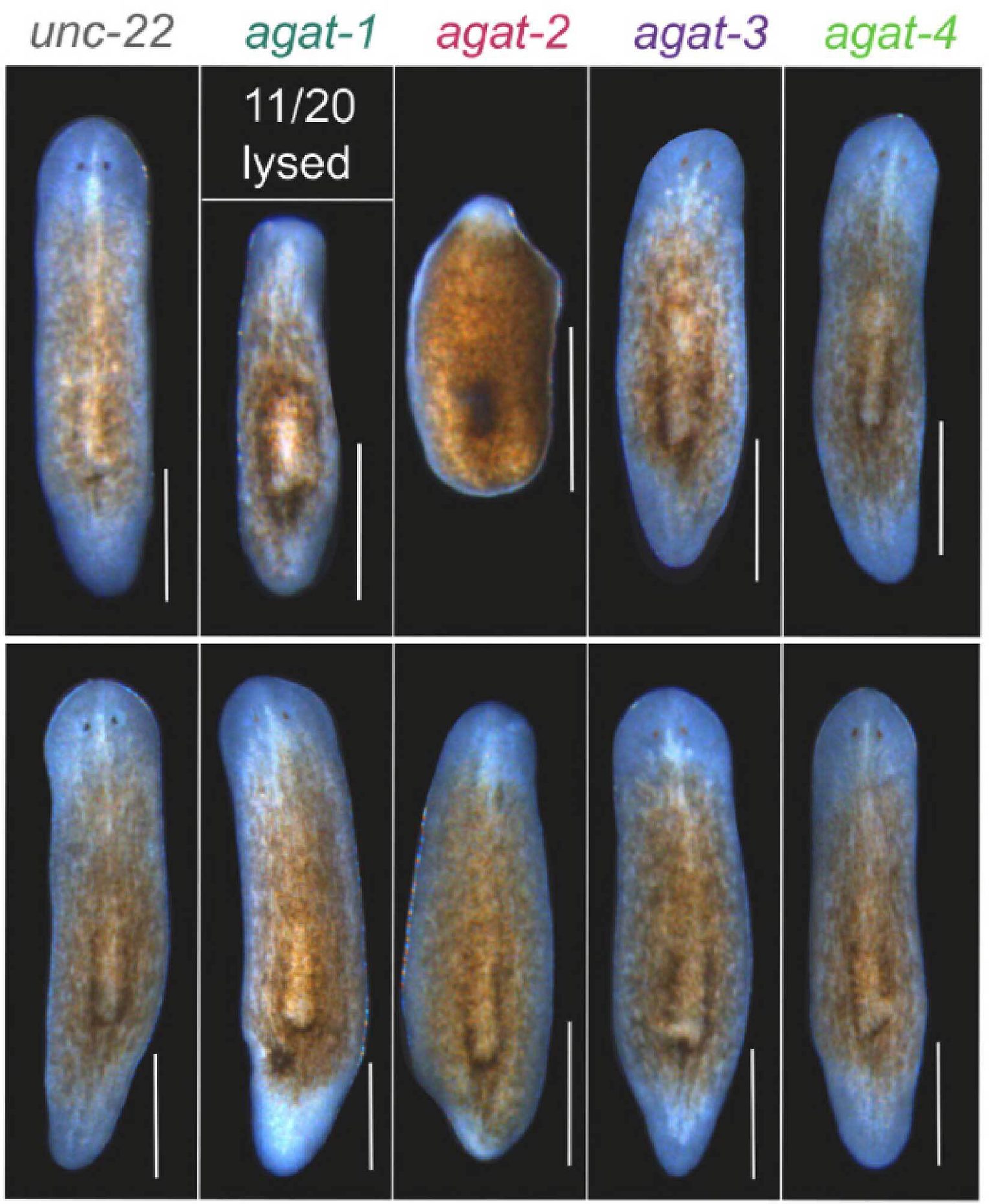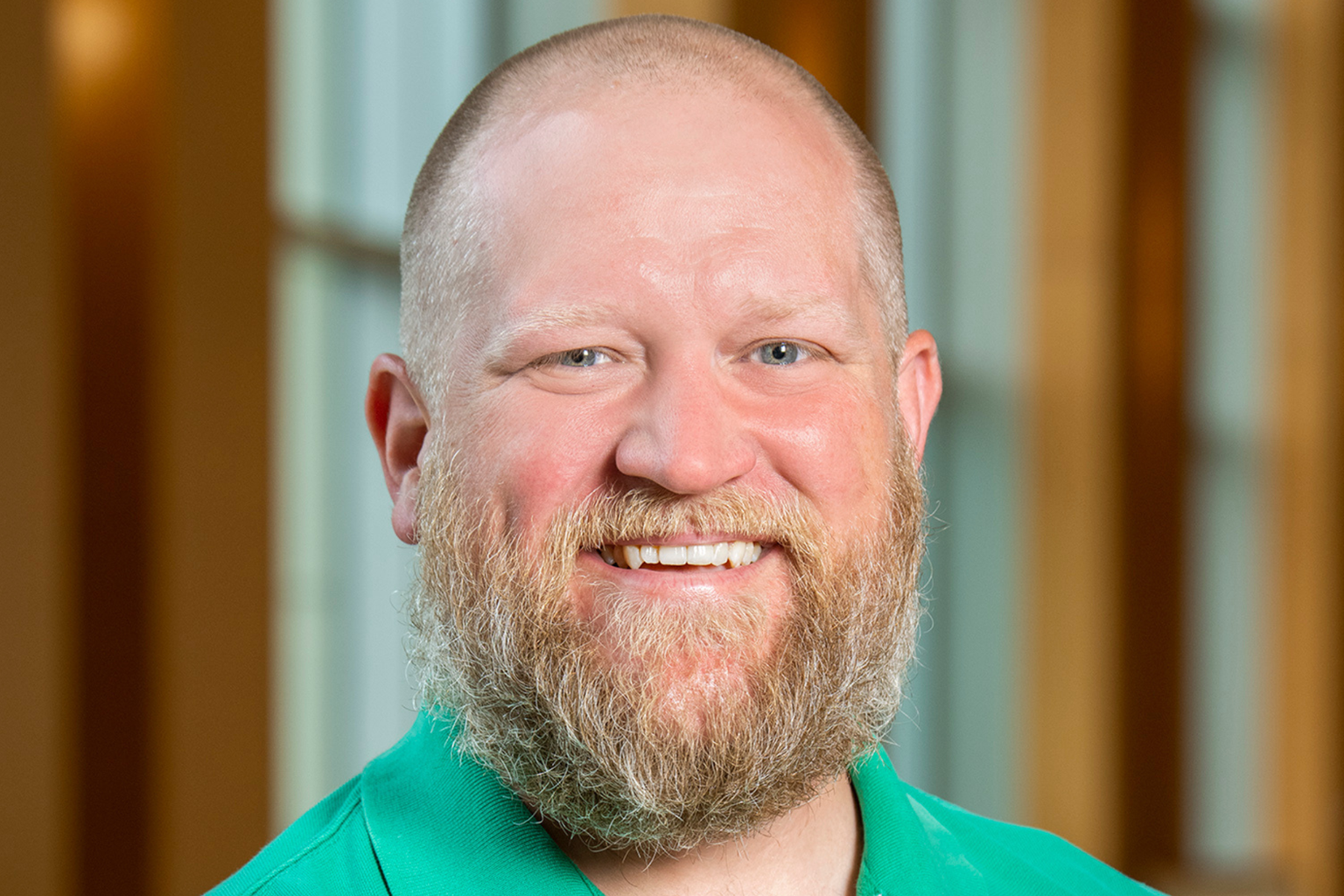What brought you to the Stowers Institute?
My formal training and Ph.D. are in analytical chemistry where I used microscopes to study material properties. After my Ph.D., I completed a two-year postdoctoral fellowship in a cell biology lab where I learned to appreciate the beauty of answering biological questions.
When I finished the postdoc, I was looking for a career where I could apply my background in analytical sciences, specifically microscopy, to biological questions. My position in the Light Microscopy Technology Center is exactly that! I get to help researchers in the Investigator labs use microscopes to ask specific biological questions.
Why are you interested in your field of research?
Even though my background is in physical science, I now spend my time thinking about the questions Institute Investigators are interested in. Specifically, I like to think about how our genes are organized in chromatin to control expression, which is related to research on the Hox gene cluster investigated in the Krumlauf Lab.
I also like to think about how amyloids form in cells and investigate which ones result in memories and which ones cause disease. What makes these amyloids different? How can we reliably detect them? These are the types of questions that the Halfmann and Si Labs are interested in answering.
I also like to think about the physical mechanisms of the meiotic drive of the wtf genes in fission yeast, part of a fascinating collaboration with the Zanders Lab. Essentially, my research is the research of our many Investigators—and I’m fascinated by their questions.
What inspires you to keep working in your field?
The thing that inspires me the most is what I believe most scientists are driven by—we don’t know all the answers. I really like asking questions that allow me to figure out how things work. Piece by piece, we are putting the biological puzzle together and that means asking lots of questions. If we knew the answers already, there wouldn’t be anything left to do.
What have you found most rewarding about your work?
Designing experiments, collecting data, and analyzing it are really enjoyable, but fitting these pieces of data into their overall biological inquiry is what’s really amazing. Knowing that we’ve learned something that no one else yet knows, and then sharing that answer is fulfilling.
I am a Research Professor in the Stowers Graduate School and get the opportunity to watch our predoctoral researchers start to figure out what aspects of biology really capture their interest. Seeing a student get excited about their beautiful microscopy data and watching their love for biology and imaging begin to flourish is really rewarding.
What impact do you hope your research will have?
I know the collaborations I have with each lab will help train a future generation of scientists and provide knowledge to the broader scientific community. But, I hope to also inspire early-career researchers to be curious and, in turn, have a far-reaching impact on humanity and human health as a whole.




